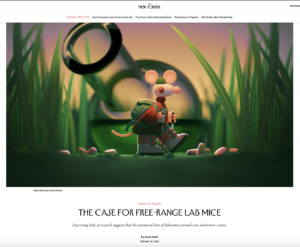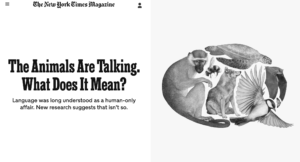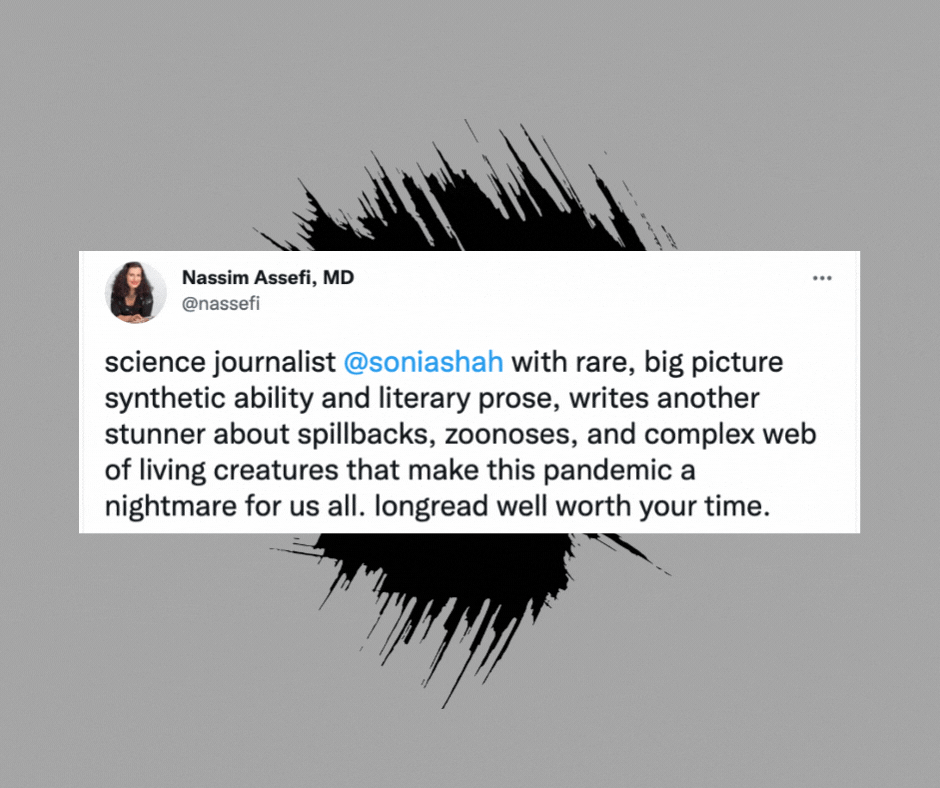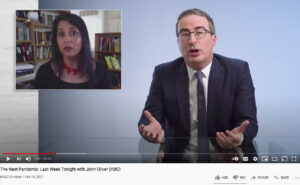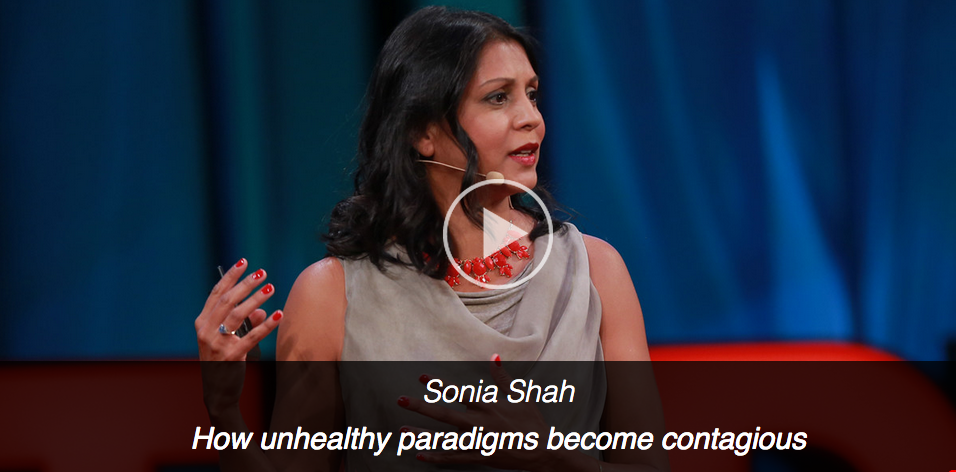Nigerian authorities have threatened to send Interpol to capture Pfizer staffers, after the nine Pfizer employees brought up on criminal charges in Nigeria failed to show up in court on Wednesday, after being served not just one but two summons.
“If they fail to appear in court” on November 6, the judge said, “we will have no option but to seek the help of Interpol in arresting them and bringing them to court.”
One suspects this is a ruse to appease a restive public–protests against Pfizer were in the works–while pumping up pressure to extract big dollars in a settlement. Out-of court talks to settle the case started in September, and are scheduled to resume on November 17…after the Pfizer folks stand trial.
The federal lawsuit against Pfizer was also adjourned, to October 22; and a final civil lawsuit was adjourned to December 5.
Stay tuned for more…
Category: International Politics (Page 3 of 3)
Nigerian authorities slapped criminal charges on Pfizer this month, alleging that the company’s infamous 1996 botched antibiotic trial there was “rash and negligent,” and endangered lives.
Some of the subjects in the trial died, others suffered permanent disability, and the prosecutors say it’s Pfizer’s fault for providing a too-low dose of its comparator drug. (Listen to stories on NPR and ABC Australia, which feature a few quotes from me, for details.)
That’s a medical question on which the experts are not unanimous. Kids die from meningitis and are permanently disabled by it, too.
Less debatable is the fact that Pfizer violated international ethics standards and their subjects’ human rights. In a separate class-action suit against the company, the subjects said that they didn’t know they were in an experiment, and the company did not produce signed informed consent forms. The ethics committee “approval” the company produced later turned out to have been backdated.
This is the first time a state has filed criminal charges against a drug company, but I doubt it will be the last. With 80 percent of clinical trials failing to meet recruitment deadlines in the West, major drug companies are today conducting half or more of their trials outside the major markets, often in countries–like Nigeria–with poor human rights records and weak regulatory infrastructures. Pfizer’s Nigeria trial is unusually sensational and high profile, but its bending of the rules may be more the rule than the exception.
Tina Rosenberg’s long opinion piece in today’s New York Times brings much needed attention to the plight of “poor people’s diseases,” from sleeping sickness to tuberculosis (“The Scandal of ‘Poor People’s Diseases,’” New York Times, March 29, 2006). But her argument about malaria—that more DDT would vanquish the disease—is all wrong.
The basic gist of the argument is thus: Americans wiped out malaria using DDT, but because über-green Rachel Carson crusaded against the insecticide in Silent Spring, we self-righteously deprived the rest of the world of the miracle toxin. Two conclusions can be drawn from this little tale. One: post-Carson environmentalists have the blood of Africans dripping from their hands. Two: To quote from the title of a previous Rosenberg story on the subject, “What the world needs now is DDT (New York Times, April 11, 2004)
There are several problems with this story. The first is that DDT didn’t wipe out malaria in the United States.
For the rest of this piece, please see http://www.thenation.com/doc/20060417/shah
Aid is a potent drug. It can help or hinder, depending on the circumstances. If you don’t have cancer, for example, a cancer drug will kill you. That’s why the maxim that is meant to guide medicine is to first do no harm. Don’t rush to “help” because your help (being faulty, partial, subjective) could very well be hurtful. First, just don’t actively hurt the patient. So what does that mean for aid in Africa? Debating the pros and cons of “help” is premature. First, let’s stop actively hurting the place: despoiling West Africa for oil; logging rainforests; exploitative mining; dumping toxic waste and cheap, unsellable goods and all the rest of it.



